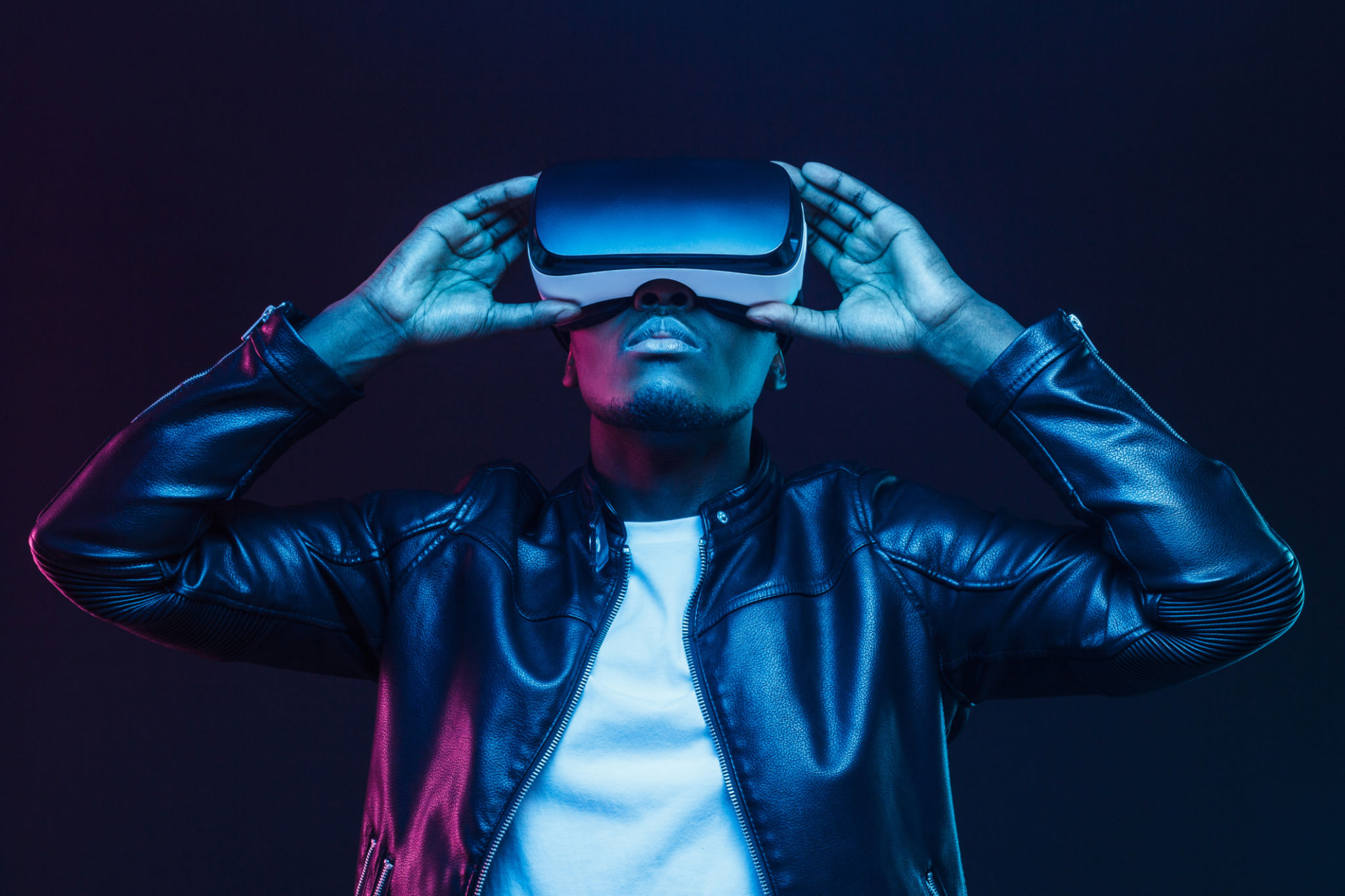Expert Insights: The Future of Video Production Technology
BK
The Evolution of Video Production Technology
The world of video production has undergone significant transformation over the past few years. With advancements in technology, the once labor-intensive process has become more streamlined and efficient. The integration of artificial intelligence, cloud computing, and virtual reality has revolutionized how content is created and consumed. As we look to the future, these innovations promise to further enhance the capabilities of video production.

Artificial Intelligence: A Game Changer
Artificial Intelligence (AI) is at the forefront of the video production revolution. With AI, tasks such as video editing, color correction, and even scriptwriting have become more automated. This not only saves time but also allows producers to focus on creative aspects. AI-driven analytics provide insights into viewer preferences, enabling creators to tailor content more effectively.
Moreover, machine learning algorithms can analyze hours of footage to identify the best clips, significantly reducing the editing workload. As AI continues to evolve, we can expect even greater precision and creativity in video production.
The Role of Cloud Computing
Cloud computing has been instrumental in transforming how video content is stored and shared. By leveraging cloud technology, production teams can collaborate in real-time, regardless of their geographical locations. This has opened up new possibilities for international projects and remote collaborations.

Furthermore, cloud-based platforms offer scalable storage solutions, making it easier for producers to manage large volumes of data without the need for expensive infrastructure. This democratization of technology is enabling smaller production houses to compete with industry giants.
Virtual and Augmented Reality
Virtual Reality (VR) and Augmented Reality (AR) are reshaping the way audiences engage with video content. These technologies offer immersive experiences that traditional media cannot match. From interactive storytelling to immersive 360-degree videos, VR and AR are pushing the boundaries of creativity in video production.
As these technologies become more accessible, we can expect a surge in innovative content that blurs the line between fiction and reality. This shift is not only exciting for creators but also for viewers who crave new and engaging experiences.

The Impact of 5G Technology
The advent of 5G technology is set to revolutionize video production and consumption. With faster internet speeds and reduced latency, streaming high-quality videos will become seamless. This will enhance live broadcasting capabilities, allowing for real-time interactions with audiences from around the world.
Production teams will benefit from faster upload and download speeds, facilitating quicker feedback loops and more efficient workflows. As 5G networks expand globally, we anticipate a significant increase in the quality and quantity of video content being produced.
Sustainability in Video Production
As the industry evolves, there is a growing focus on sustainability within video production. New technologies are being developed to reduce the carbon footprint of filming processes. From energy-efficient equipment to virtual sets that minimize travel requirements, the push towards eco-friendly practices is gaining momentum.

Producers are increasingly adopting green practices not only to reduce costs but also to meet the demands of environmentally conscious audiences. The future of video production will likely see a balance between technological innovation and sustainable practices.